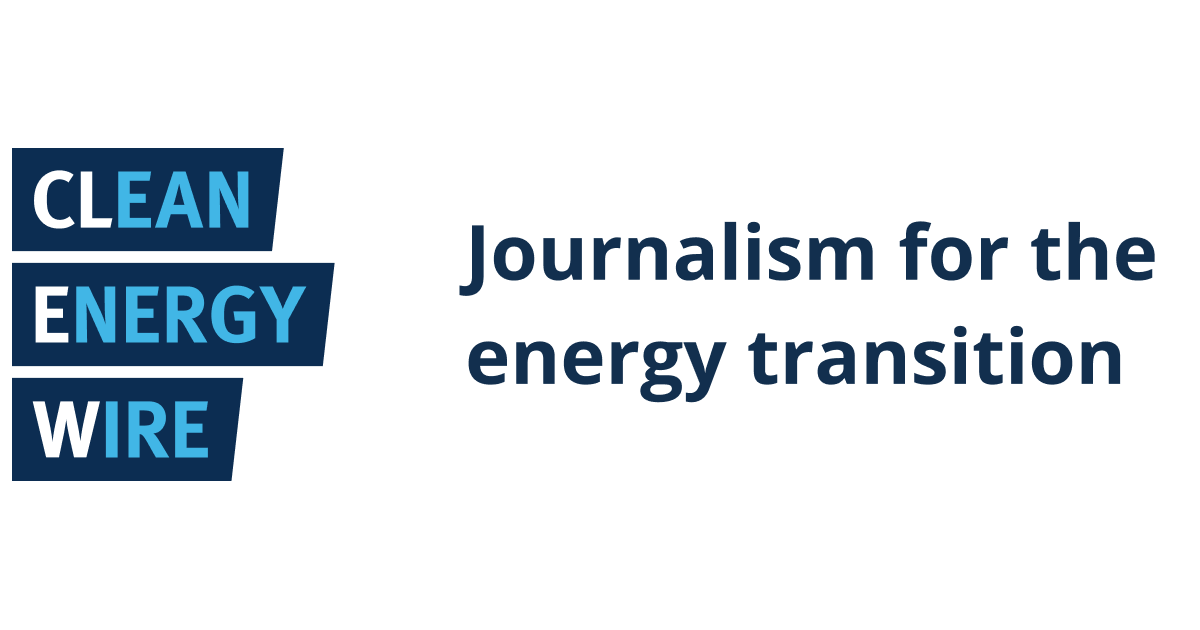Germany's Path to Climate Neutrality: Navigating Energy Efficiency and Transition Costs
Key Ideas
- Analysis by EnBW suggests Germany can achieve climate neutrality by 2045 at lower costs through energy efficiency measures and optimized energy transition schedules.
- Implementing recommendations swiftly could save about 700 billion euros over 20 years, with initial systemic costs estimated at three trillion euros.
- Adapting the expansion of renewables to actual demand, utilizing blue hydrogen initially, and optimizing power plant capacity could lead to significant cost reductions.
- Challenges include disagreements on future power consumption, but adjustments in offshore wind and solar PV expansion, and green hydrogen production can streamline the transition.
An analysis commissioned by EnBW in Germany reveals that the country could reach climate neutrality by 2045 with cost savings by emphasizing energy efficiency measures and recalibrating the pace of power generation and transmission capacity expansion. The analysis conducted by Aurora ER indicates potential savings of around 700 billion euros over the next two decades if the recommended measures are promptly executed. The report highlights the importance of accelerating the deployment of renewable energy sources and grids to meet climate goals. By adjusting the renewables expansion to match actual demand and utilizing blue hydrogen as an interim solution, costs could be reduced by approximately 300 billion euros. The study also suggests scaling back offshore wind and solar PV expansion targets, optimizing power plant capacity, and leveraging hydrogen technologies to achieve cost efficiencies. Although there are differing opinions on future electricity demand, the analysis underscores the significance of revising current plans to align with evolving needs. The renewable energy association BEE raised concerns about the assumptions made in the analysis, emphasizing the rapid electrification of heating and transport and the potential for greater domestic green hydrogen production. The EnBW analysis anticipates a rise in electricity demand by 2045, necessitating strategic adjustments in energy planning. The findings emphasize the need for meticulous planning and adaptation in Germany's energy transition to enhance cost-effectiveness and facilitate the path to climate neutrality.
Topics
Green Hydrogen
Renewable Energy
Energy Efficiency
Offshore Wind
Power Generation
Electricity Demand
Economic Impact
Solar PV
Latest News
